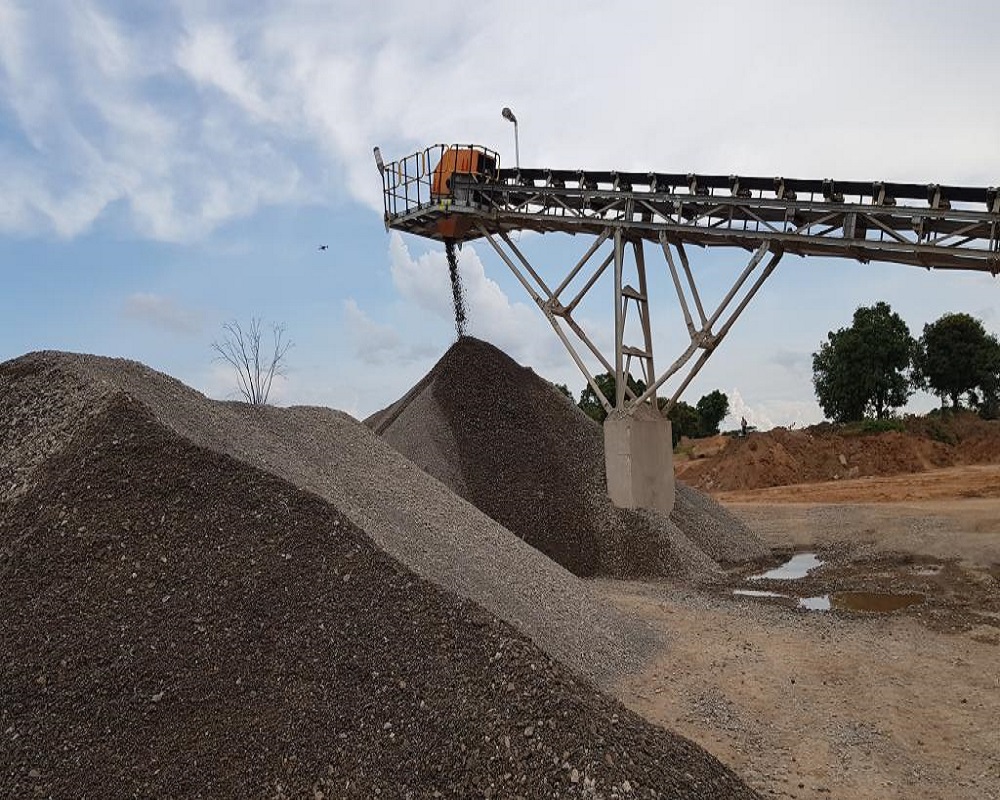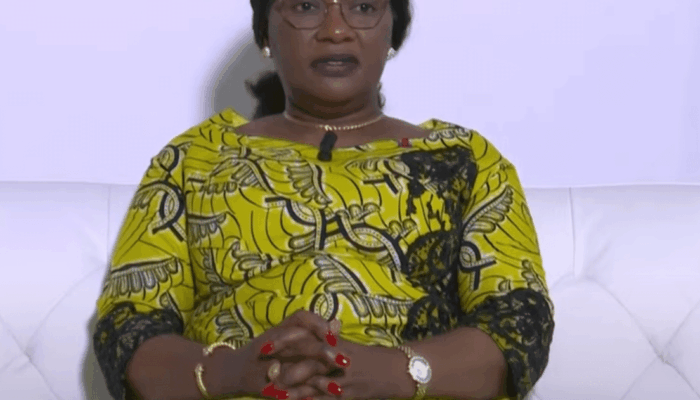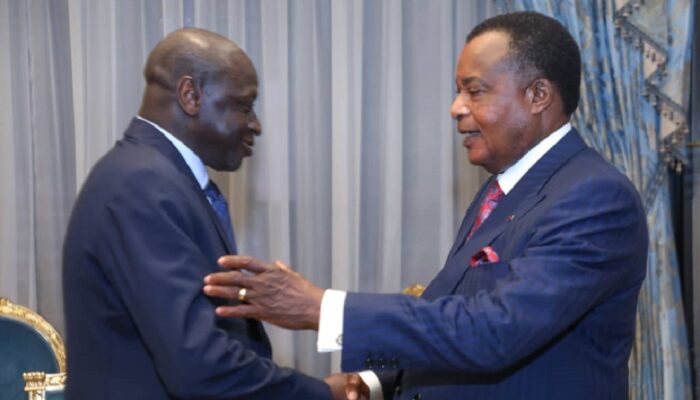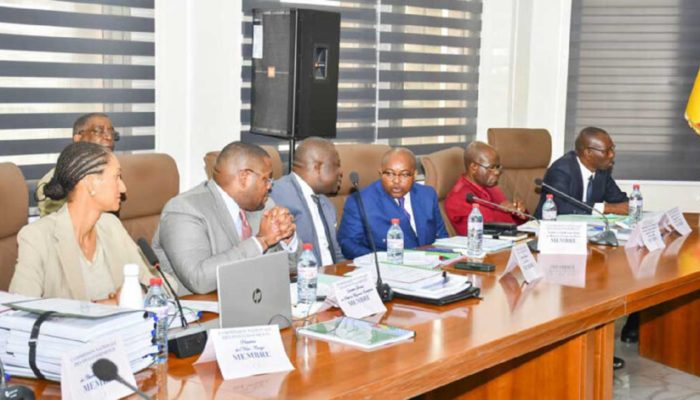The Ministry of Mining Industries and Geology organized in Brazzaville, in partnership with the United Nations Development Program (UNDP), a training and awareness-raising workshop for 25 small-scale artisanal mining entities on the process of formalizing small and medium-sized enterprises in the Republic of Congo.
Participants were made aware of national tools for promoting their work. The UNDP Resident Representative in the Republic of Congo, Adama-Dian Barry, in her speech, recalled that in many developing countries, rich in mineral resources like the Republic of Congo, the extraction of minerals by artisanal and small-scale miners plays an important role in the national production of minerals. It therefore contributes to the development of a significant economic value chain. Thus, some countries that have structured and organized this sector are drawing dividends that finance the universal deployment of public services and social programs.

“In the Republic of Congo, small-scale artisanal exploitation of mineral resources plays a fundamental role in the local economy, promotes job creation and contributes to the social and economic development of rural and urban communities. “Unfortunately, almost all the players operating in this sector are not formalized and, consequently, cannot request subsidy or credit facilities from the State and financial institutions and cannot subscribe to social security. In most cases, they experience unbearable fair competition from the formal sector ,” she deplored.
According to her, the informality of the small mining and quarrying sector not only exposes artisans to precariousness, but also causes huge royalties to escape from the national coffers of our States, inevitably creating a shortfall or a shortfall to be filled for the provision of local services in particular. Her wish is that this training on formalization can pave the way for mining artisans, in particular quarrymen, sand workers, potters, traders and transporters of geomaterials to the professional development of their businesses, by offering them the opportunity to move out of the informal sector into the formal sector with multiple advantages.
“The ACP-EU-UNDP Programme enables the institutionalisation of companies under the leadership of the Ministry of Mines; contributes to the development of legal statuses for companies; supports companies in the process of accessing services responsible for security and social protection; access to support and assistance funds with a view to contributing to the emergence of future companies” , concluded Adama-Dian Barry.
The Mines Advisor to the Minister of Mining and Geology, Noida Gatsé Ebotehouna Lebela, for her part, maintained that this workshop aims, among other things, to strengthen and improve the capacities of stakeholders in order to better intervene in the management of neglected development minerals. Among these raw materials, she cited industrial minerals, construction minerals, dimension stones and semi-precious stones. “The ACP-EU Programme comes at the right time since the country intends to organize the informal sector for a better participation of this sector in the gross domestic product (GDP).
Artisanal and small-scale exploitation of mineral resources in the Republic of Congo plays a decisive role in the local economy, creating jobs and stimulating economic development in rural communities. With this formalization, we dare to hope to have better organized and more profitable structures for the country ,” she recalled, deploring the fact that this sector is not regulated, thus leading to inefficiencies, unsustainable practices and a lack of social protection for workers.
She hopes that formalizing the sector will allow these entities to access financing, modern technologies and structured markets. “They will improve working conditions, promote sustainable practices and integrate these actors into the formal economy ,” said Noida Gatsé Ebotehouna





